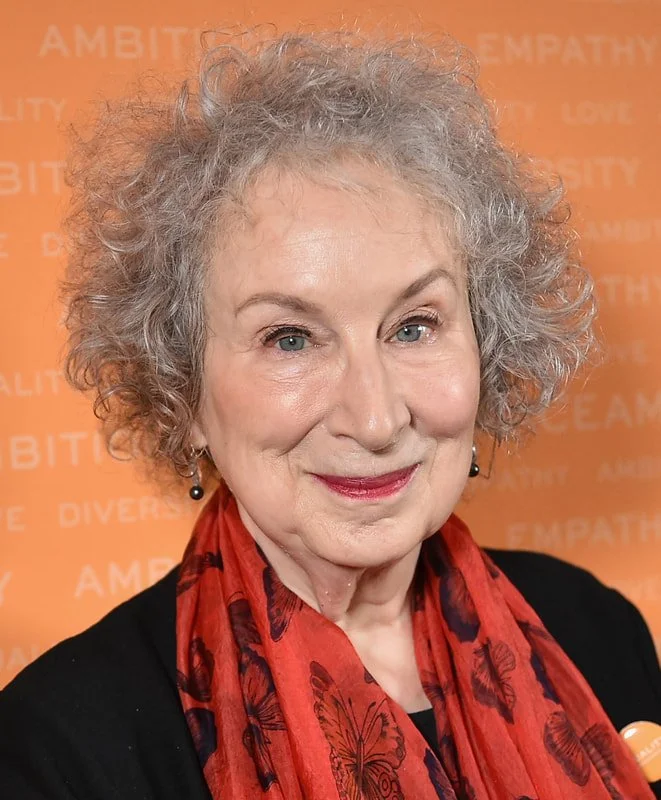
What is Secular Humanism?
Secular Humanism is a term that has come into use in the last 30 years to describe a worldview with the following elements and principles:
1 .
A conviction that dogmas, ideologies, and traditions, whether religious, political, or social, must be weighed and tested by each individual and not simply accepted on faith.
2 .
A commitment to use critical reason, factual evidence, and scientific methods of inquiry, rather than faith and mysticism, in seeking solutions to human problems and answers to important human questions.
3 .
A search for viable individual, social and political principles of ethical conduct, judging them on their ability to enhance human well-being and individual responsibility.
4 .
A constant search for objective truth, with the understanding that new knowledge and experience constantly alter our imperfect perception of it.
5.
A concern for this life and a commitment to making it meaningful through a better understanding of ourselves, our history, our intellectual and artistic achievements, and the outlooks of those who differ from us.
6 .
A primary concern with fulfillment, growth, and creativity for both the individual and humankind in general. With reason, an open marketplace of ideas, goodwill, and tolerance, progress can be made in building a better world for ourselves and our children.
Modern Humanists
Secular Humanist Beliefs:
Scientific discovery and technology can contribute to the betterment of human life.
An open and pluralistic society and democracy are the best guarantee for protecting human rights from authoritarian elites and repressive majorities.
Negotiation and compromise will resolve differences and achieve mutual understanding.
It is necessary to work together for the common good of humanity and strive towards transcending divisive parochial loyalties based on race, religion, gender, nationality, creed, class, sexual orientation, or ethnicity.
Justice and fairness in society will help eliminate discrimination and intolerance.
Accessible support and resources for the disadvantaged, disabled, and handicapped will lead to a better quality of life.
Separating church and state prevents efforts to denigrate human intelligence, explain the world in supernatural terms, and look outside nature for salvation.
It is critical to protect and enhance the earth, avoid inflicting needless suffering on other species, and preserve it for future generations.
The arts are just as important as the sciences.
Adults are allowed the right to privacy and choice in expressing their sexual preferences, exercising reproductive freedom, and accessing comprehensive and informed healthcare, in order to fulfill their aspirations and die with dignity.
Moral decency and excellence can be achieved through altruism, integrity, honesty, truthfulness, and responsibility. Moral principles are tested by their consequences to nourish normative standards of reason and compassion.
We believe in optimism rather than pessimism, hope rather than despair, learning in the place of dogma, truth instead of ignorance, joy rather than guilt or sin, tolerance in the place of fear, love instead of hatred, compassion over selfishness, beauty instead of ugliness, and reason rather than blind faith or irrationality.
We must enjoy life here and now.
"I cannot imagine a god who rewards and punishes the objects of his creation, whose purposes are modeled after our own— a god, in short, who is but a reflection of human frailty. Neither can I believe that the individual survives the death of his body, although feeble souls harbor such thoughts through fear or ridiculous egotism."
– Albert Einstein











